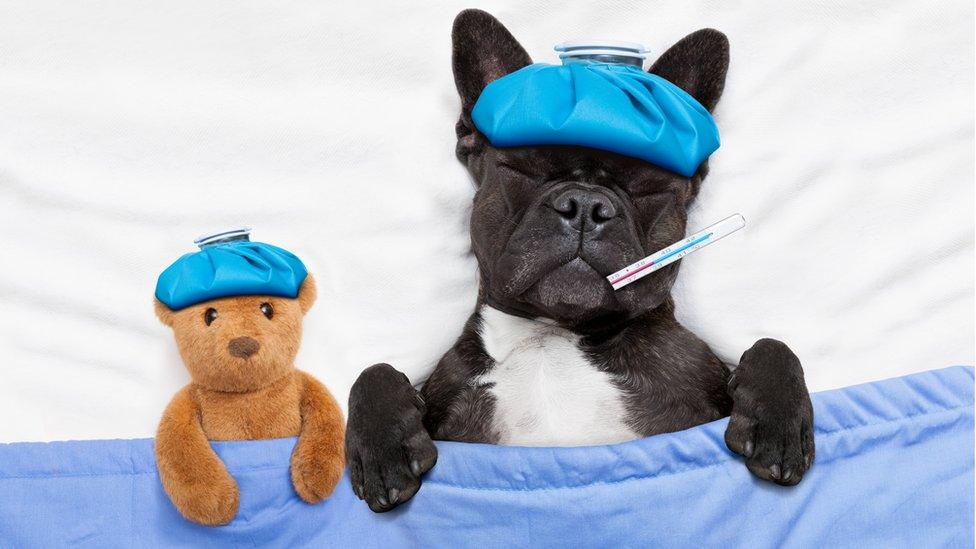The cats with stigma that can make 'wonderful' pets
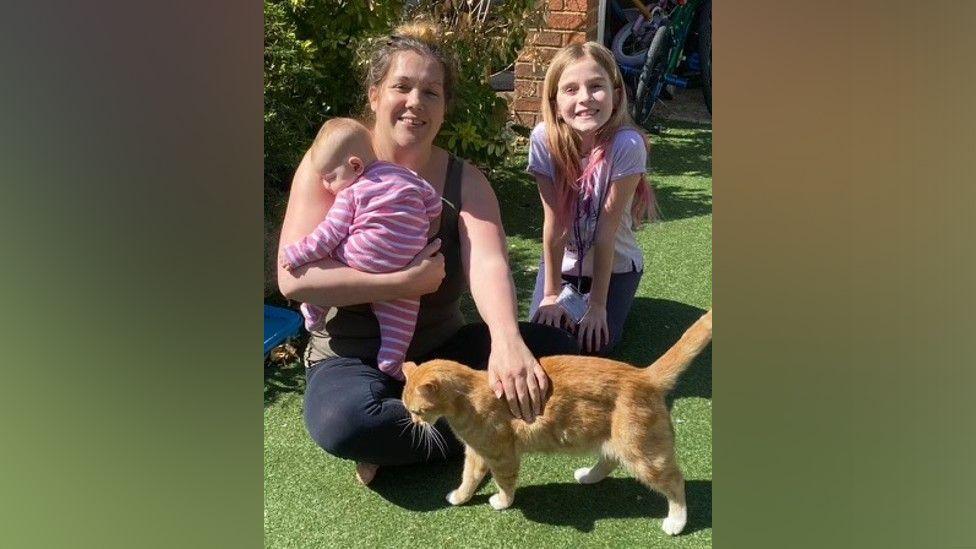
Marney Thompson said her cat, Charlie, was "the loveliest thing you’ve ever seen"
- Published
Kittens, exotic breeds and big ginger toms are common favourites among feline lovers, but would you consider bringing home a pet with a stigma attached to it?
Even the biggest cat fanatics may not have heard of feline immunodeficiency virus (FIV).
The RSPCA's cat welfare expert, Alice Potter, said the organisation often describes FIV as being "like HIV in cats, but it is not transferable to people".
Like its human equivalent, the autoimmune disease has a stigma that surrounds it, but many cats live to be as old as those without the virus, experts say.
It is most commonly seen in unneutered male cats who have been fighting for territory, with the virus spread through deep bite wounds, which is why strays often test positive.
FIV cats need to stay indoor as they are immunocompromised, and often shelters have a number of residents with the illness.
There are no specific symptoms of FIV, but cats with it may be more susceptible to chronic respiratory infections, skin problems, mouth inflammation and certain types of tumours.
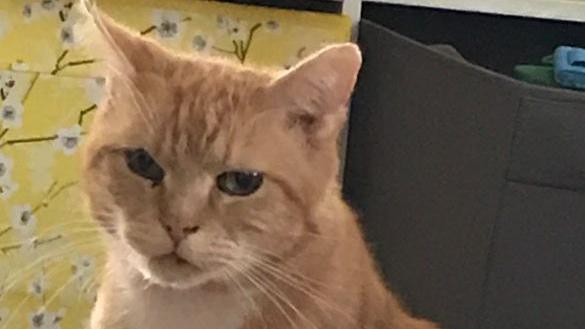
Marney Thompson has fostered several cats with FIV following Charlie's death
Marney Thompson, a foster parent for New Start Cat Rescue in Gloucestershire, has been committed to fostering FIV cats since losing her beloved Charlie two years ago, and has been dubbed "the FIV lady" at the centre.
Ms Thompson decided to push her reservations to one side when she took Charlie home six years ago, with the ginger cat quickly becoming a huge part of her family's life.
She said Charlie had his quirks - he only drank from the tap, and was always on hand to support Ms Thompson when she became a single mother.
"I called him 'The Cat Daddy' because my daughter would shout at me and he'd hit her across the back of the legs, like ‘don’t speak to your mother like that’.
"He was just the most wonderful cat in the world," she said.
'Stigma'
Ms Thompson lost Charlie to renal failure in 2022, and has been trying to find homes for FIV cats since, as his "legacy".
"With Charlie, it wasn't the FIV that killed him, he went to the vets loads for his ears and teeth, but never for his FIV," Ms Thompson said.
"I think people look at them and think, 'Well, there's something wrong with this cat', but there isn't.
"It's just an autoimmune disease, if they're fully vaccinated, they're fine, they may have a slightly shorter lifespan by one or two years.
"It's just like they have this stigma attached to them."
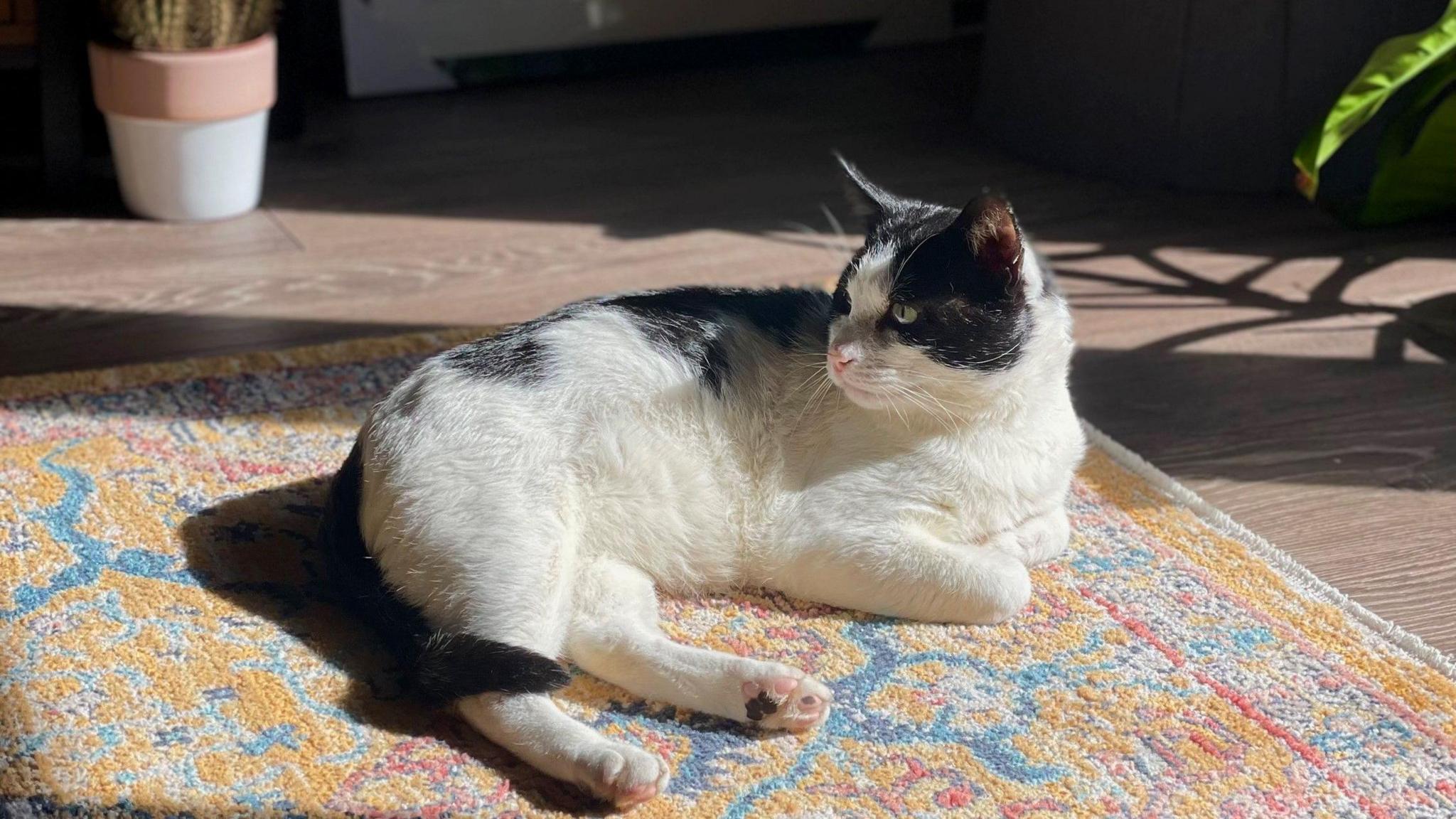
Cats with FIV - like Gilbert - may require more enrichment than outdoor cats
Ms Potter said the RSPCA advised that FIV cat owners paid special attention to their pet's health.
"Our advice would always be, if there's any changes in your cat's behaviour or their health, then you should seek veterinary help," Ms Potter said.
"I guess it's even more urgent for FIV cats that they're treated, just to give them that extra level of protection for their immune system.
"If someone was going to adopt an FIV cat, have they got the time to commit to playing with them everyday, creating hiding spaces and all those sorts of things?"
'Potential risk'
Ms Potter there has been an increase in people buying purebred cats rather than adopting.
"It's quite a flooded market, unfortunately," Ms Potter said.
"People don't necessarily want to take on a cat that's got an existing medical condition, which FIV cats obviously do."
Ms Potter said the RSPCA advised that FIV cats were kept inside, or only have access to a "catio" - an enclosed patio just for them - due to the "potential risk of them spreading it to other cats".
Get in touch
Tell us which stories we should cover in Gloucestershire
Follow BBC Gloucestershire on Facebook, external, X, external, and Instagram, external. Send your story ideas to us on email or via WhatsApp on 0800 313 4630.
Related topics
- Published15 October 2023
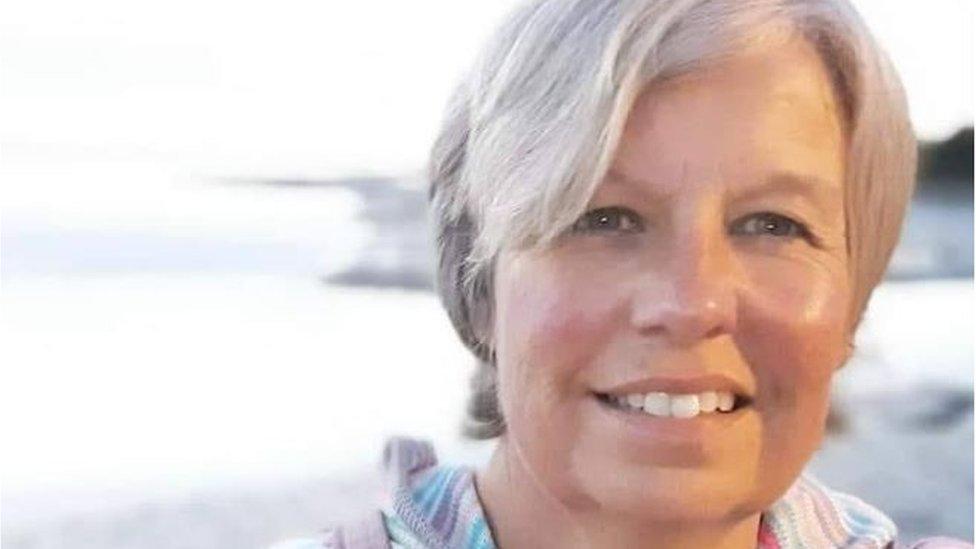
- Published30 March 2017
